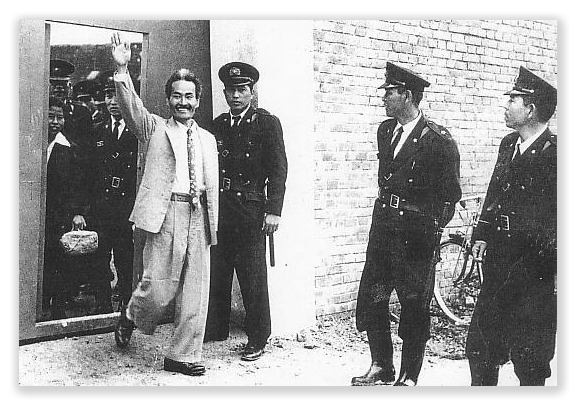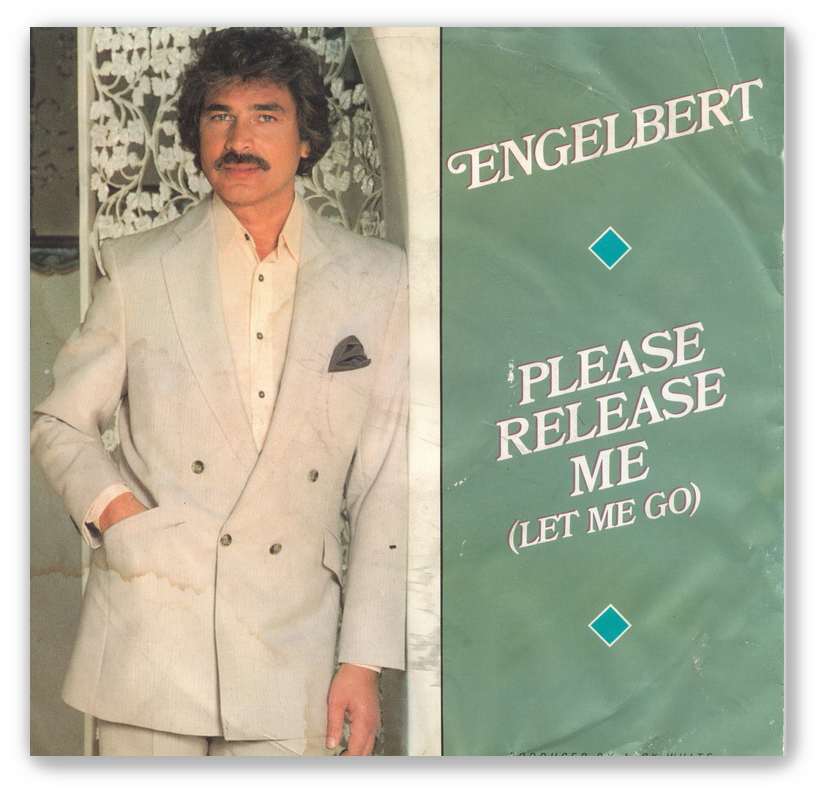We post news and comment on federal criminal justice issues, focused primarily on trial and post-conviction matters, legislative initiatives, and sentencing issues.

LEAVING SO SOON?
 Jayvon Keitt was charged with a drug conspiracy involving 280 grams of crack, but took a deal letting him plead to 28 grams instead. As a result his mandatory minimum fell to five years, although his Guidelines sentencing range remained 70-87 months. At sentencing, the judge varied downward to give Jayvon 60 months.
Jayvon Keitt was charged with a drug conspiracy involving 280 grams of crack, but took a deal letting him plead to 28 grams instead. As a result his mandatory minimum fell to five years, although his Guidelines sentencing range remained 70-87 months. At sentencing, the judge varied downward to give Jayvon 60 months.
Naturally, Jayvon didn’t appeal, because the sentence couldn’t go any lower than it did. Instead, less than four months after the sentence was imposed, Jayvon filed a compassionate release motion under 18 USC § 3582(c)(1)(A)(1). Jayvon said his asthma raised his risks if he caught COVID, and thus was an extraordinary and compelling reason for sentence reduction. He argued that the “BOP’s restrictions to curb the spread of the coronavirus have led to harsh lockdowns, restrictions on movement between jails, and have all but eliminated educational and other program[m]ing opportunities,” making his ability to participate in drug treatment programs uncertain. For those reasons, Jayvon said, letting him out four months into a 60-month sentence would not offend the sentencing factors set out in 18 USC § 3553(a).
The district court denied Jayvon’s motion after considering those sentencing factors. The court held that Jayvon had sold a lot of drugs and had already gotten a real sentence break. First, the government agreed to cut the amount of drug involved in the case from 280 grams to 28 grams, dropping the mandatory minimum sentence in half (to five years). Then, the court sentenced him below his minimum Guideline range of 70 months. The district court concluded that letting him go after only four months would lead to a real sentencing disparity. The district court made no finding as to whether Brian’s health risks constituted “extraordinary and compelling circumstances.
 Last week, the 2nd Circuit agreed that the district court had not abused its discretion in weighing the sentencing factors. As for Jayvon’s claim that the district court was obligated to make a finding on whether extraordinary and compelling circumstances justified his release, the Circuit said that “when a district court denies a defendant’s motion under § 3582(c)(1)(A) in sole reliance on the applicable § 3553(a) sentencing factors, it need not determine whether the defendant has shown extraordinary and compelling reasons that might (in other circumstances) justify a sentence reduction.”
Last week, the 2nd Circuit agreed that the district court had not abused its discretion in weighing the sentencing factors. As for Jayvon’s claim that the district court was obligated to make a finding on whether extraordinary and compelling circumstances justified his release, the Circuit said that “when a district court denies a defendant’s motion under § 3582(c)(1)(A) in sole reliance on the applicable § 3553(a) sentencing factors, it need not determine whether the defendant has shown extraordinary and compelling reasons that might (in other circumstances) justify a sentence reduction.”
United States v. Keitt, Case No 21-13-cr, 2021 U.S. App LEXIS 37888 (2d Cir., December 22, 2021)
– Thomas L. Root

